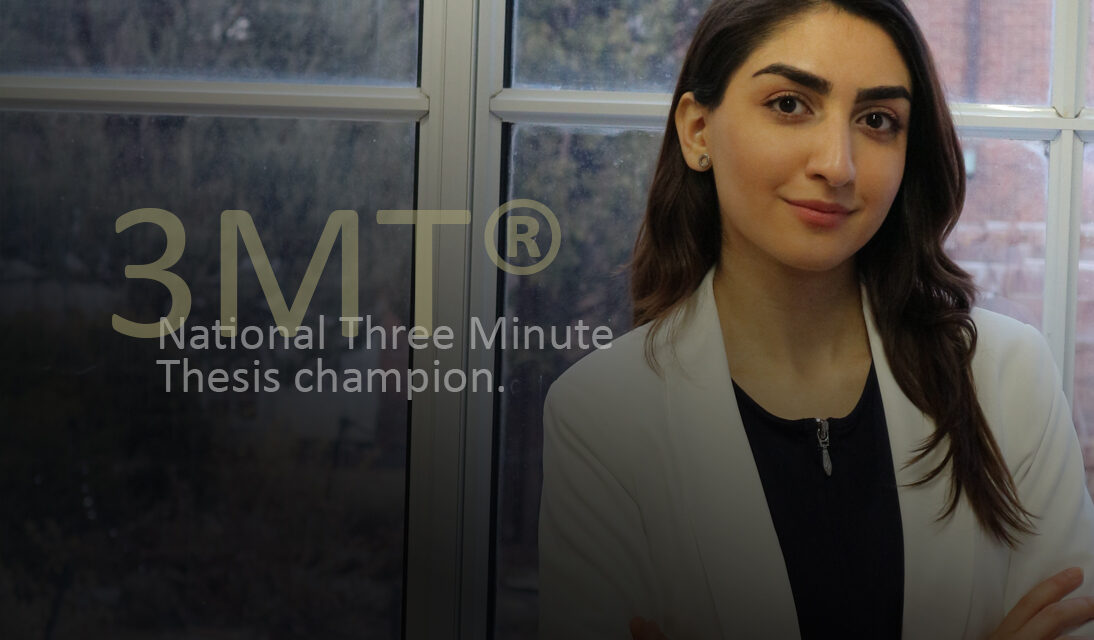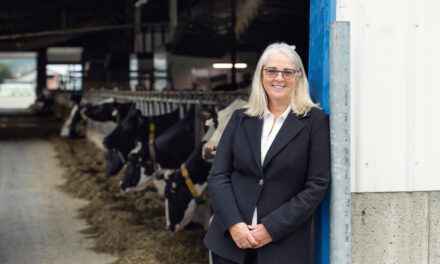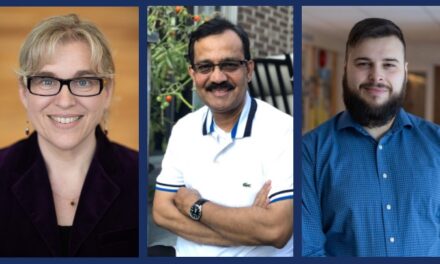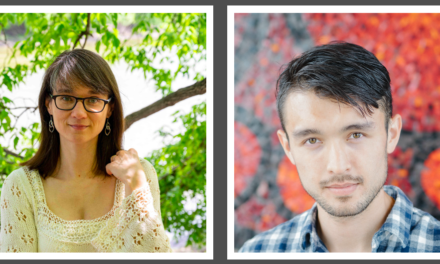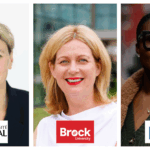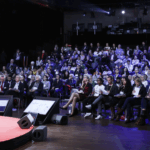Newsha Arezi’s research focusses on the development of smart polymeric micelles for on-demand delivery of chemotherapeutic

Winner: Newsha Arezi, Concordia
drugs. Her work explores new approaches to combatting cancer, and seeks to create intelligent drug delivery carriers that will know how to distinguish between cancer cells and healthy cells. In her presentation, Newsha tells us the story of Amy, a six-year-old girl suffering from leukemia, who wanted to have long hair. To communicate her complex research to Amy and other non-specialist audiences, Newsha uses the analogy of a “nano-sized pizza delivery man,” which carries the pizza – or in her case, cancer fighting drugs – around the body. Unlike current cancer treatment options, Newsha is working on a method that ensures the pizza delivery man always arrives at the right address – the cancer cell. “There is a lot of hope,” stated Newsha in her presentation, “that with systems like the one I’m designing Amy’s dream of having beautiful, long hair might actually come true.”

Second Place: Shruthi Budnar Subramanya
Second place in this year’s national 3MT competition was clinched by Shruthi Budnar Subramanya, an MSc student in the Department of Chemical Engineering at the University of Alberta. Shruthi’s research focusses on improving the ways in which oil sands are transported through pipelines, and her project has identified techniques that will increase the flow of oil, reduce emissions, and rethink the need for new pipeline construction. In her presentation, Shruthi cleverly uses the analogy of poutine to explain how oil sands are extracted and processed, showing us that the two are not as different as you might think. “Large scale implementation of my research will ensure a more sustainable future for Canada’s oil industry and a stronger Canadian economy,” Shruthi explains, “just like our strong love of poutine!”
The judges agree that this year’s competition was extraordinarily difficult to adjudicate. Dr. Catherine Mavriplis, one our judges, reported that “it took us a long time to get to this decision,” but that she was struck by Newsha and Shruthi’s ability to “crystallize in a short moment some very complex science.” Another judge, Dr. Ahmed Ali, noted the “amazing quality and caliber of the performances, and the fantastic array of research subjects. It was really refreshing.” Judge Nicola Luksic, of the CBC, was inspired by this year’s 3MT competitors: “This gives me hope for the future. There are all these awesome people doing incredible work.” Judge Tom Howell, also of CBC Radio, did not mince his words: “Every student should take part in this competition.”
Competitors were challenged to explain their research and its impact to a general audience in three minutes or less. No props. One take. One slide. The 12 finalists were videotaped in front of live audiences at regional competitions held at the University of Northern British Columbia (West Division), McMaster University (Ontario Division), and McGill University (Eastern Division). Those finalists were chosen from 36 graduate schools and more than 1,800 students.
In addition to a cash prize of $1,500, the national champion will attend the CAGS annual conference in Halifax in November 2019. The second-place winner receives a cash prize of $1,000. The People’s Choice winner receives a cash prize of $500.
If you haven’t already seen the videos of the 12 finalists, you can watch them here.

